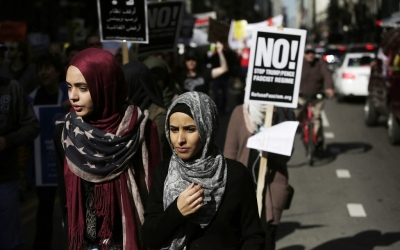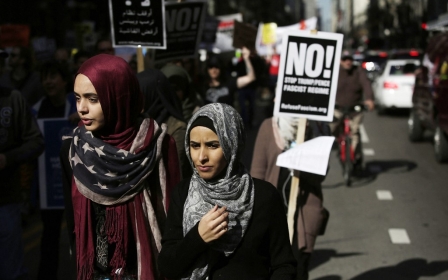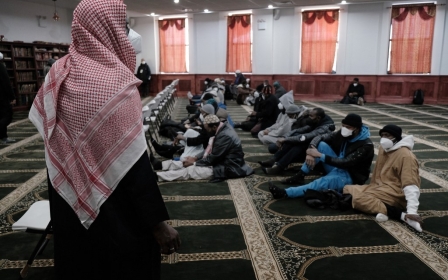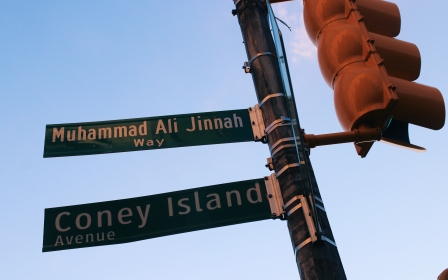US Muslims five times more likely to face police harassment due to their religion, study shows
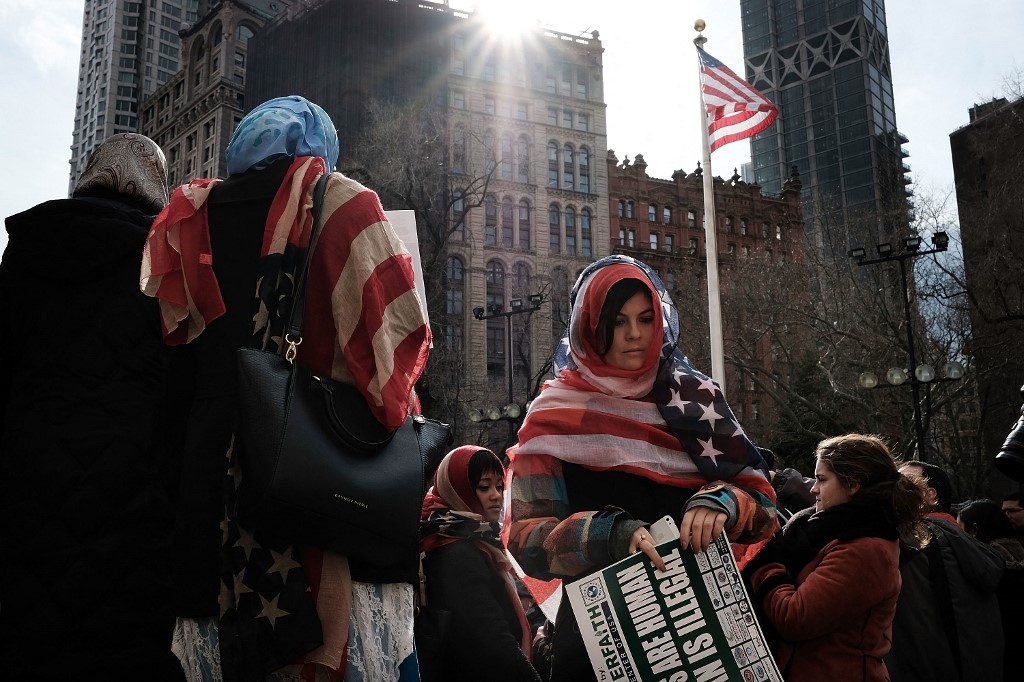
Muslims are five times more likely to experience police harassment because of their religion compared to those of other faiths, a study by Rice University shows.
More specifically, Muslim adults who identify as Black, Middle Eastern, Arab or North African are more likely than Muslims who identify as white to report that they have been harassed by the police because of their religion, according to the study published in the Society for the Study of Social Problems.
“It is worth noting that the overall rate among US adults was estimated at 3.8 percent, so Muslim individuals are about five times as likely to say they have been harassed by the police due to their religion,” the report states.
The data for this study came from the survey component of the 2019 Experiences with Religious Discrimination Study (ERDS), a project examining individuals’ experiences with interpersonal hostility, discrimination, and victimisation due to their religion.
The relationship between Muslim communities and the police has always been tense. While the community looks to the police for protection during times of harassment, many Muslims also distrust the police because of the post-9/11 surveillance that was conducted by the police.
New MEE newsletter: Jerusalem Dispatch
Sign up to get the latest insights and analysis on Israel-Palestine, alongside Turkey Unpacked and other MEE newsletters
In July, the Arab American Action Network (AAAN) obtained 235 “Suspicious Activity Reports” (SARs) through the Freedom of Information Act.
The reports were made between 2016 and 2020 by the Chicago Police Department and Illinois State Police. In the reports, they found that over 50 percent of "suspects" reported to the police, primarily for doing mundane things like texting or taking photos, were described as people of Arab descent in Chicago.
“The post-9/11 geopolitical environment has created a tense relationship with law enforcement for Muslim American communities. Many Muslim Americans fear state-sanctioned police surveillance through actions such as online tracking, airport security, routine stops, or monitoring within religious spaces,” the Rice University study states.
Individuals identifying as Mena-origin are more likely to say they have experienced religion-based police harassment, the study notes. Just over 35 percent of the individuals in this group, regardless of their individual religions, have encountered such harassment, which is nearly 10 times the percentage seen among US adults overall.
Almost no Muslim adults who identified as white reported experiencing police harassment due to their religion. But over 23 percent of Black Muslims experienced religion-based police harassment. The percentage increases to nearly 40 percent among Muslim adults identifying their race or ethnicity as Mena-origin.
“Sociologists understand how race impacts experiences with police. However, there is less work examining how religion specifically shapes people’s experiences with police,” said Jauhara Ferguson, the lead author of the study and a PhD student in sociology at Rice University.
“We believe it’s an important topic to explore, and it can help us understand the connections between religion and race in experiences with police harassment.”
Middle East Eye delivers independent and unrivalled coverage and analysis of the Middle East, North Africa and beyond. To learn more about republishing this content and the associated fees, please fill out this form. More about MEE can be found here.


